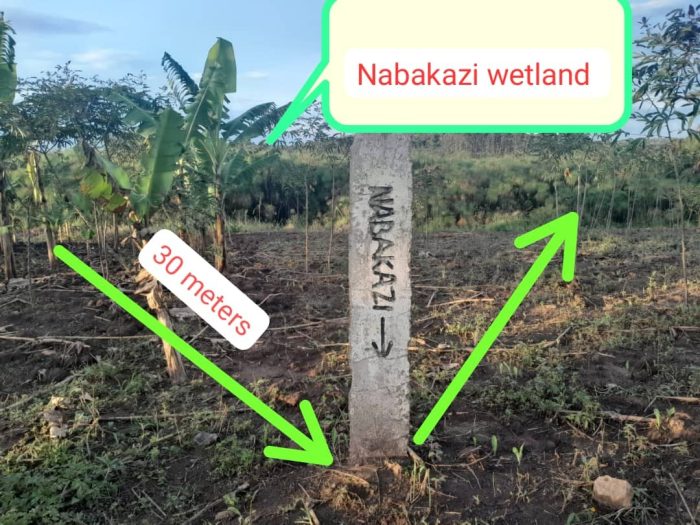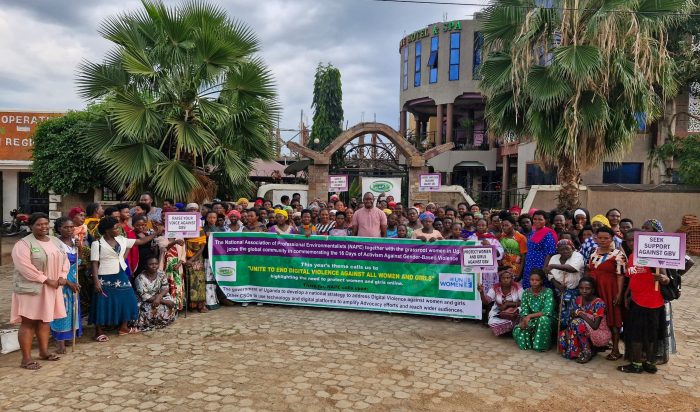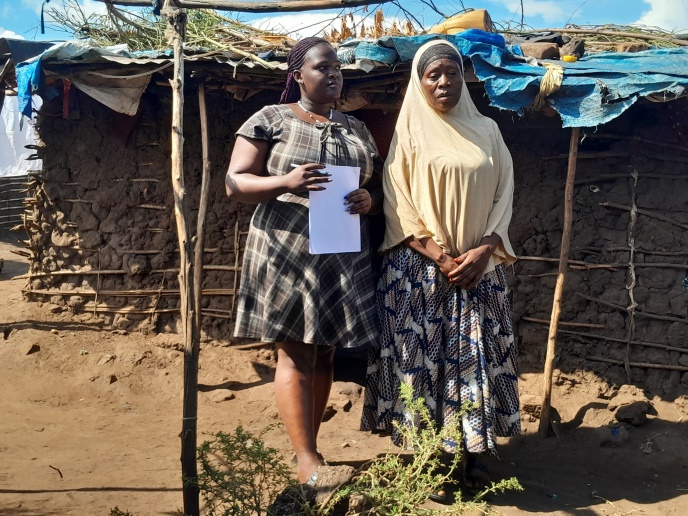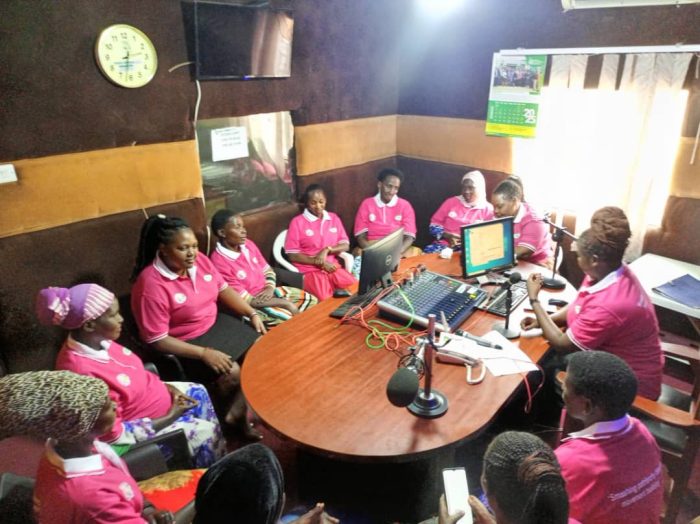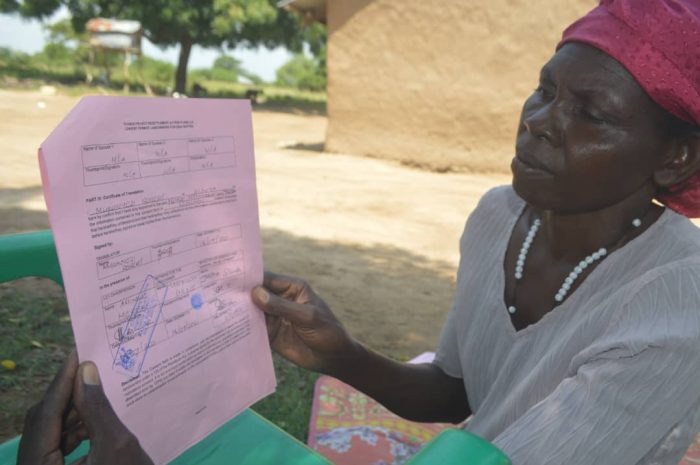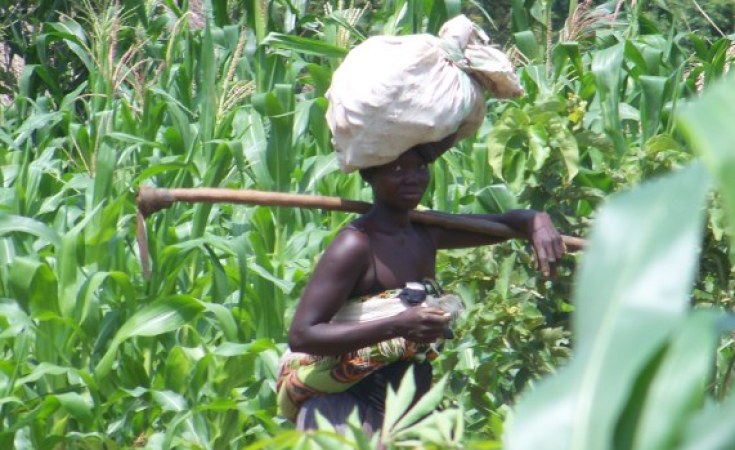
Women activists have rejected a new United Nations’ report which suggests that Ugandan men are more productive in contributing to the agricultural sector than women.
A UN Women and United Nations Development Programme report launched yesterday, indicates that in Uganda, 27 per cent of plots and 20 per cent of all cultivated land is under the sole management of women.
The remaining 73 per cent of plots and 80 per cent of all cultivated land is managed either by women and men or solely by men. It further estimates men’ productivity at 70 per cent against women’s put at 30 per cent.
“It is true men own most of the land but it is women who cultivate on these pieces of land. After harvesting, the men go and sell, taking all the productivity credit,” Centre for Conflict Resolution, executive director Rose Othieno said.
The Dean School of Women and Gender Studies at Makerere University, Prof Josephine Ahikire agreed with Ms Othieno. “What is this productivity they talking about? I do not believe that men are more productive”, she told Daily Monitor.
Speaking after the launch of the report, women activists called for women agricultural bank and agricultural inputs.
The report also supported by World Bank and UNEP Poverty Environment Initiative Nairobi provides a unique quantification of the costs in terms of lost growth opportunities and an estimate of what societies, economies, and communities would gain if the gender gap in agriculture is addressed.
Mr David Smith, the UNDP-UNEP Poverty Environment Initiative Nairobi manager in Africa, said the findings of the report are striking, and send a strong signal to policy makers in Africa as well as development partners.
“Closing the gender gap is smart economics. Consider this: closing the gender gap in agricultural productivity could potentially lift as many as 238,000 people out of poverty in Malawi, 80,000 people in Tanzania, and 119,000 people in Uganda,” he said.
Recommendations
The report calls for women to access agricultural machinery and other production technologies, which has the potential to increase GDP by over U$11 million in Uganda.
It also recommends for further research undertaken looking at the relative impacts of specific policies and interventions as well as their cost-efficiency in order to quantify their net benefit.

